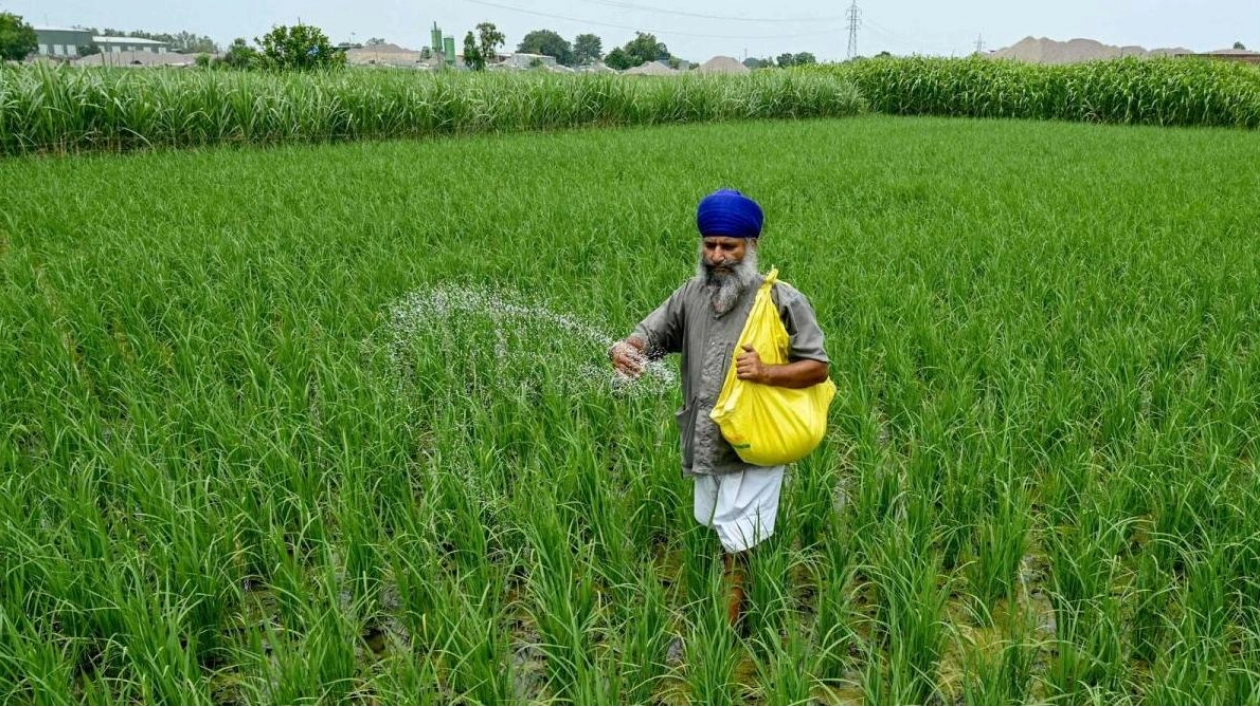Indian Prime Minister Narendra Modi unveiled 109 high-yielding, climate-resilient, and biofortified crop varieties at the Indian Agricultural Research Institute (IARI) in New Delhi on Sunday. This initiative signifies a significant advancement in India's strategy to boost agricultural productivity and adapt to climate change. During his visit to IARI, PM Modi engaged with local farmers and scientists, emphasizing the significance of these new crop varieties. He highlighted the essential role of value addition in agriculture and discussed how these innovations would decrease farmers' costs and positively affect the environment.
PM Modi also emphasized the increasing importance of millet and the trend towards more nutritious food options. He further underscored the benefits of natural farming and the growing trust in organic farming practices among the public. The Prime Minister noted a rising demand for organic foods, indicating a broader shift towards healthier and more sustainable agricultural practices. Farmers at the event praised the government's efforts in promoting natural farming and acknowledged the contributions of Krishi Vigyan Kendras (KVKs) in raising awareness.
PM Modi encouraged KVKs to regularly inform farmers about the benefits of these new crop varieties, ensuring that the advantages of these innovations reach as many farmers as possible. He also commended the scientists for their role in developing these new crop varieties, noting that they had been working in line with his earlier suggestions to mainstream underutilised crops. The 109 crop varieties released by the Prime Minister included 34 field crops and 27 horticultural crops, such as various cereals, millets, forage crops, oilseeds, pulses, sugarcane, cotton, and other potential crops.
The horticultural varieties encompassed different types of fruits, vegetables, plantation crops, tuber crops, spices, flowers, and medicinal plants. This move by the government aligns with the recent Budget announcement, which highlighted the release of these high-yielding and climate-resilient crop varieties. As part of a broader strategy to promote natural farming, the government aims to initiate one crore farmers across the country into natural farming over the next two years, supported by certification and branding. Additionally, 10,000 need-based bio-input resource centres will be established to facilitate this transition, as announced in the Union Budget 2024-25.
To achieve self-sufficiency in pulses and oilseeds, the government plans to enhance their production, storage, and marketing. This strategy, in line with the goal of 'Atmanirbhar Bharat' (self-reliant India), focuses on increasing the production of oilseeds such as mustard, groundnut, sesame, soybean, and sunflower. The government is already promoting green agriculture through sustainable agricultural practices with environmental concerns.






